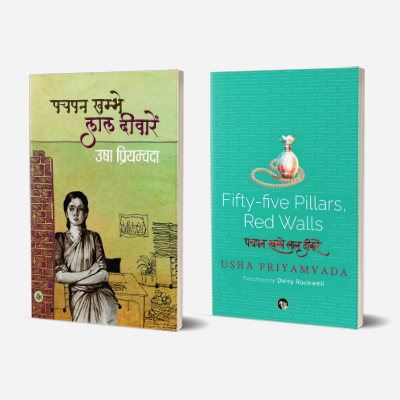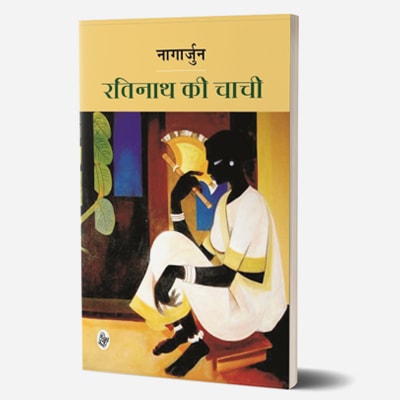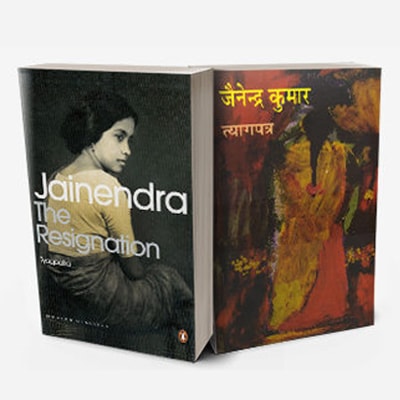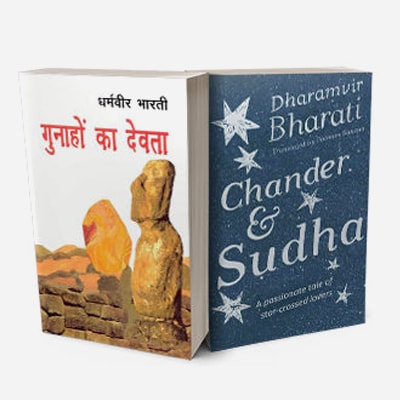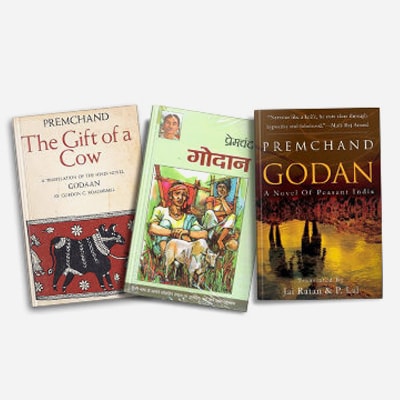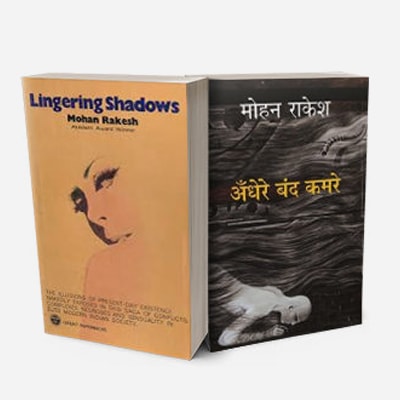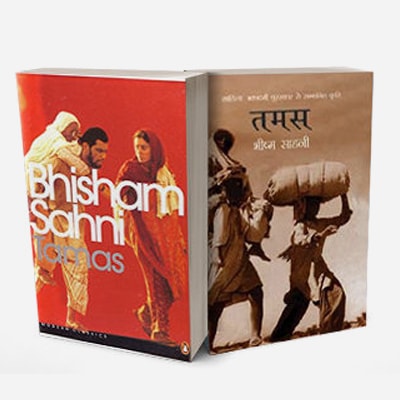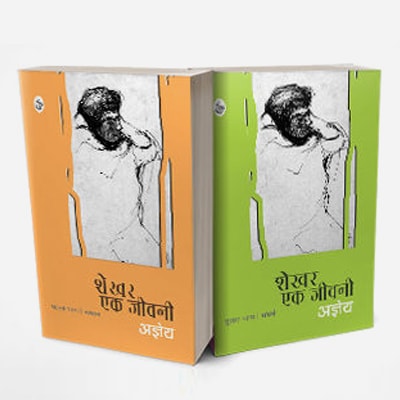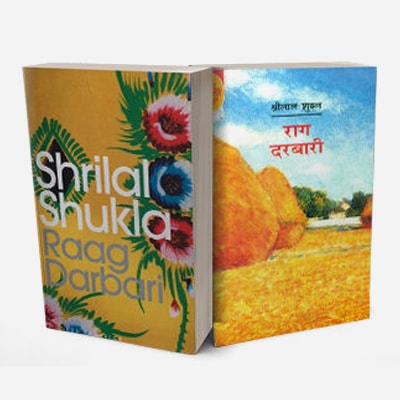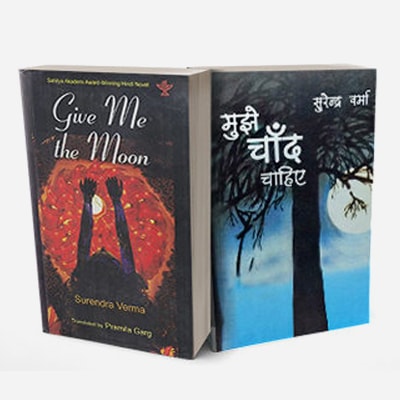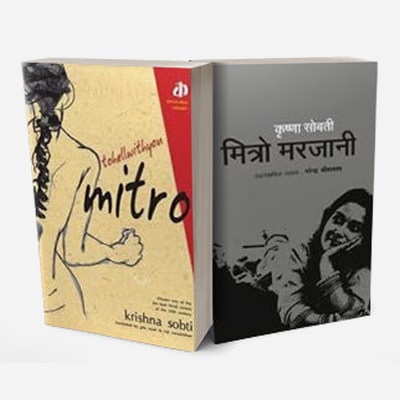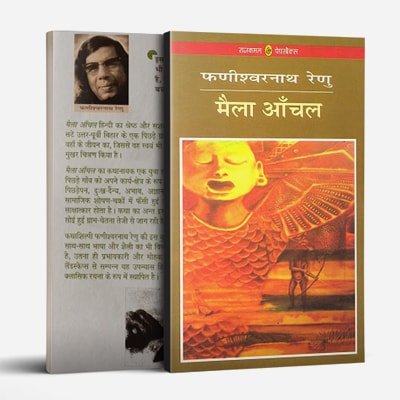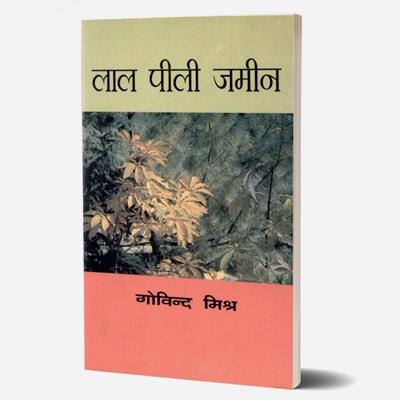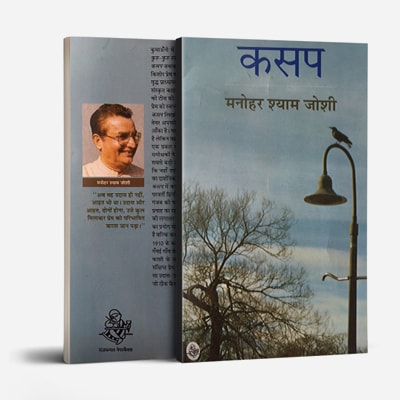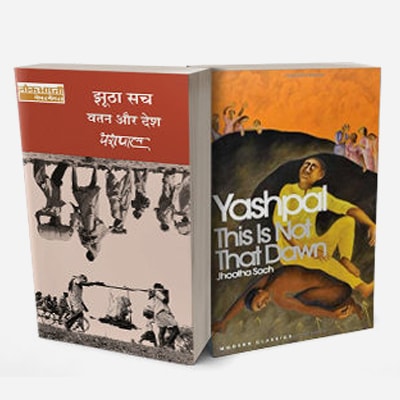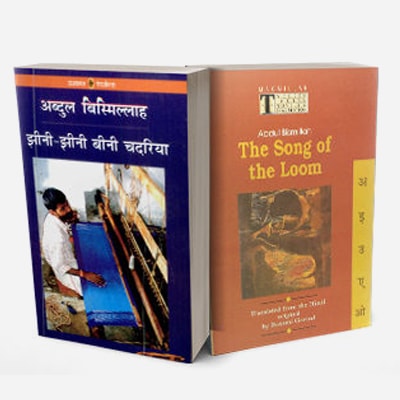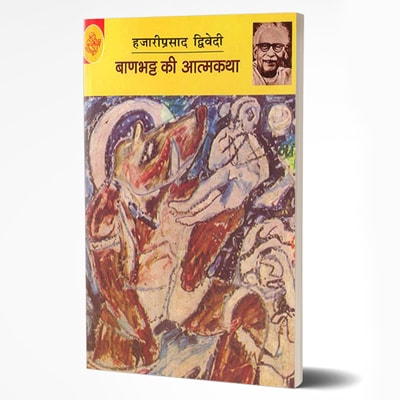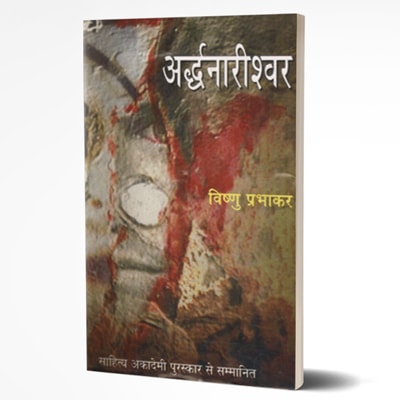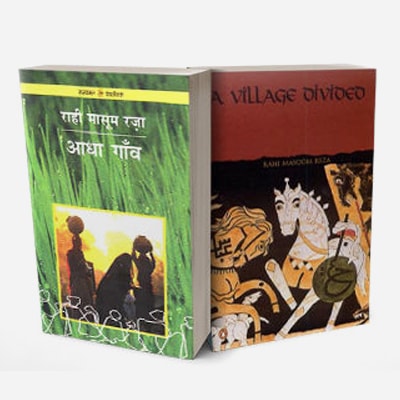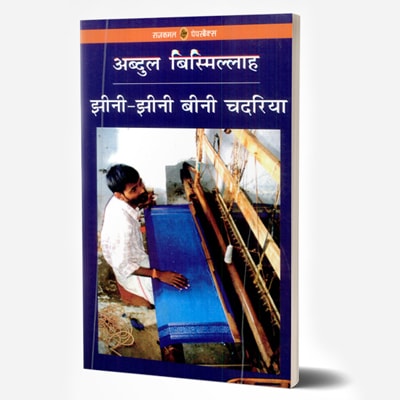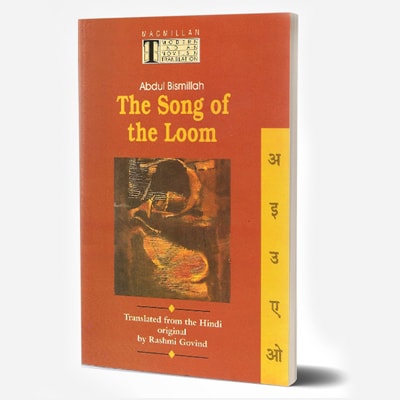Jhini Jhini Bini Chadariya
By Abdul Bismillah
Translated to The Song of the Loom by Rashmi Govind
Jhini Jhini Bini Chadariya (1986), by Abdul Bismillah is a Hindi novel based on the life of weavers of Banaras, translated by Rashmi Govind to The Song of The Loom for Macmillan (1996). The phrase is from a poem by Kabir Das and uses the metaphor of the loom and the process of weaving to represent life’s mystery.
The novel was written after staying among the weavers for ten years. We enter this weaker and weary world of weavers, through the support of Matin, Alimun and Nunhe Iqbal, where people like Rauf Chacha, Najbuniya, Naseebun Bua, Rehana, Kamrun, Latif, Bashir and Altaf, don’t compromise with the circumstances but rather fight to change them. In this process, the author has also exposed the entire system of exploitation, where on one end there are corrupt political grenades and at the other are so-called welfare schemes of the Government. At the same time, the author has not neglected the unhealthy traditions and the social evils, religious hatred and communal perspective in the economic exploitation of the weavers community and the local oriented social realities.
This novel was awarded the Soviet Land Nehru Award and the Kedia Award.
Abdul Bismillah is an Indian novelist writing in Hindi and is known for his short stories of life in Muslim rural communities. He is currently a professor in the Department of Hindi, Jamia Millia University.
Banbhatt Ki Atmakatha
By Hazari Prasad Dwivedi
There are three main characters in this historical Hindi novel – Banabhatta, Bhattini and Napunika.
Dwivedi has created a story-based interview with the great artistry of the ancient poet Banabhatta, which has given life-time interviews with life-truths. Its narrator is not a passionate poet but an experienced and struggling life-warrior. For him, ‘the body is not only the weight, not the soil clay’ but is ‘bigger than him’ and in his mind, there is intense restlessness to become the source of salvation from orthodoxy.
Ardhnarishwar
By Vishnu Prabhakar
Ardhanarishvar is an attempt to achieve unity and harmony between men and women at various levels of their personalities and social life. Dealing with the same problem of caste and religion, marriage, divorce, rape, woman exploitation, harassment and the same aftermaths of breaking down, shattering lives, the author points out there is no waiting for ‘somebody’ for salvation. He goes on to detail a comprehensive outline of the solution.
The purpose of Ardhanarishvar is to achieve equal participation of women and men. It’s necessary for them to accept each other with their own weaknesses and to accept that a combination of mother nature and a male is necessary for creation.
Prabhakar’s works have elements of patriotism, nationalism and messages of social upliftment. Although mainly a story writer, Vishnu Prabhakar has written across genres of literature, including poetry. His works are said to be a mirror of modern Indian society. Aawara Masiha, biography of Sharat Chandra Chatterjee and Ardhnarishvar, however remain his most awarded and widely acclaimed works. He was awarded the Sahitya Academy in 1993, Mahapandit Rahul Sankrityayan Award in 1995 and the Bhushan, the third highest civilian honour of India, by the Government of India in 2004.
